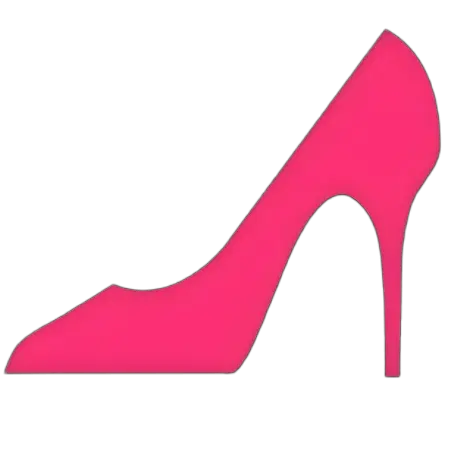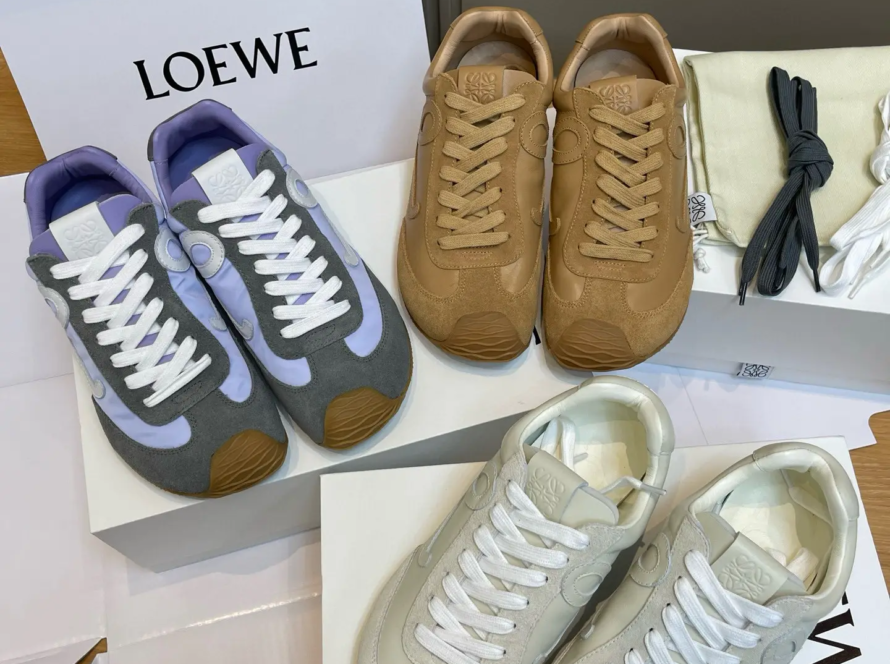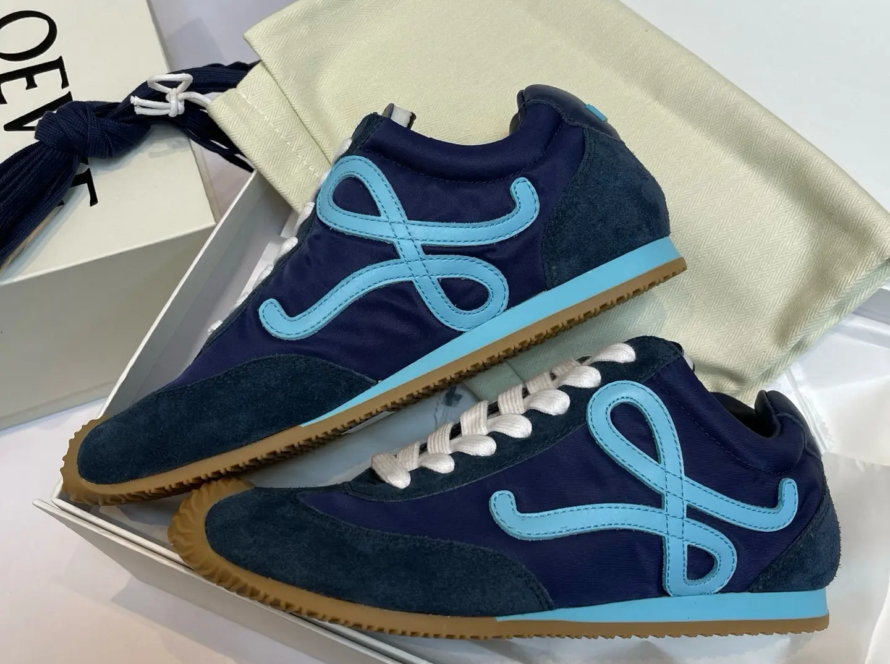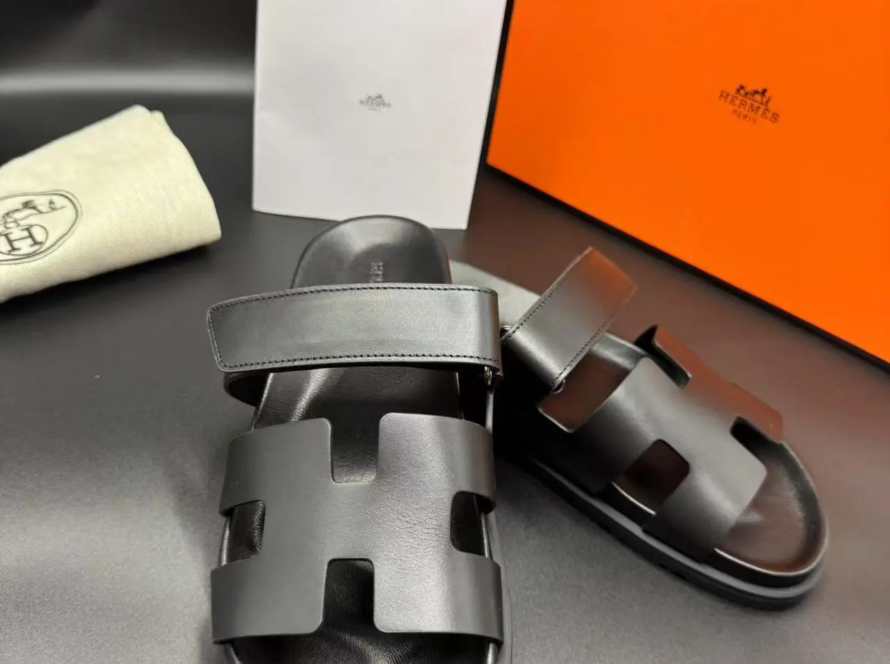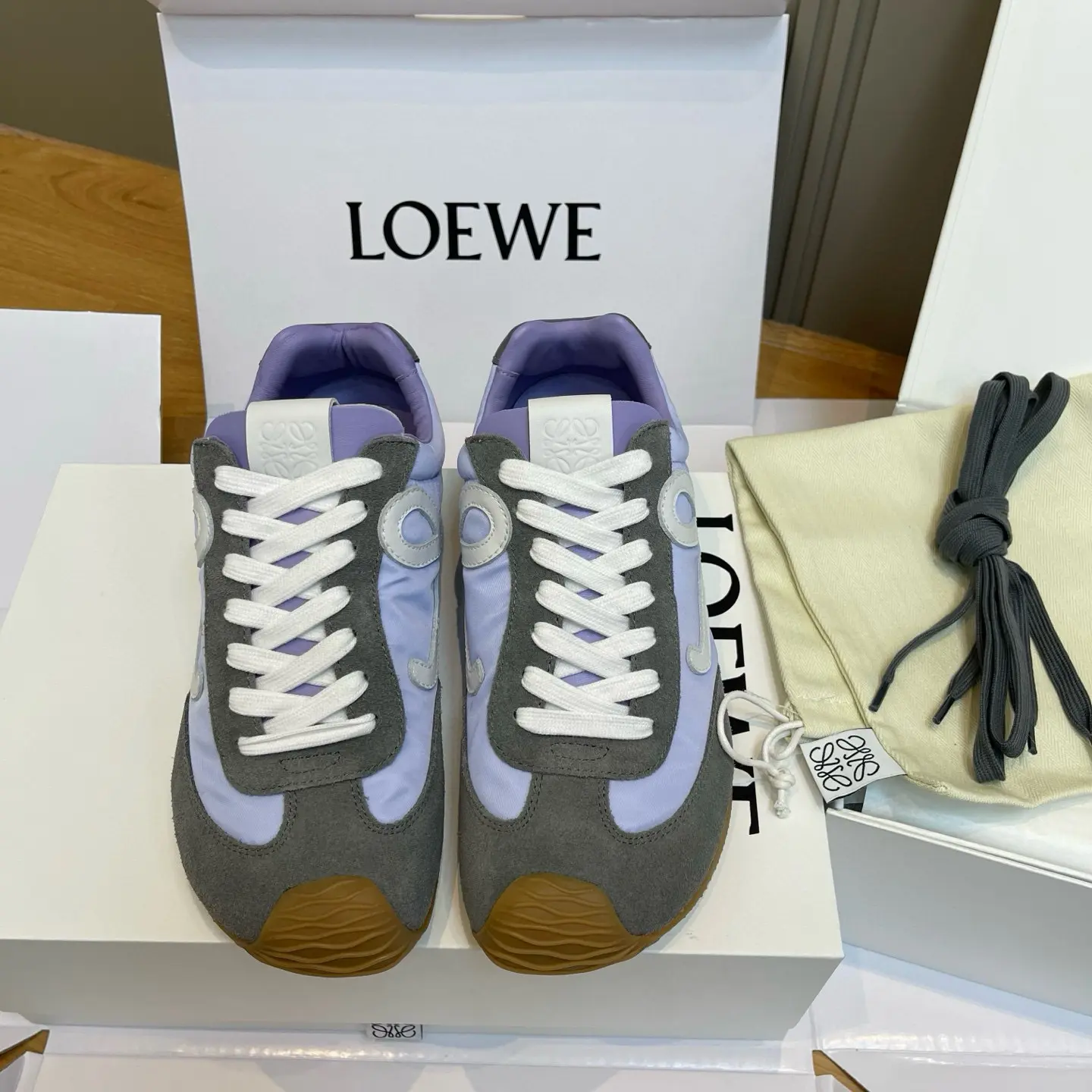
The Art of Selected Footwear: Learn about Luxury Wholesale Shoes
To identify fashion connoisseurs, shoes go beyond functionality – they are an extension of wearable art, status symbols and personal identity. In the field of luxury footwear, the term "Wholesale" It has a fundamentally different meaning from traditional perception. This has nothing to do with the massive purchase of mass-produced items; it is a portal to exclusive, limited edition craftsmanship, custom collaboration and avant-garde designs that rarely are Grace mainstream retail flooring.
Redefine wholesale in a luxury context
Traditional wholesale often reminds images of warehouse pallets and general inventory. However, in high-end footwear, wholesale is a sophisticated ecosystem where select distributors and trading partners are sourced directly from Anteliers, Heritage Artisans and Remering Ruckury Designers. These relationships grant access:
- Limited production operation: Shoes are made of shoes as small as 20-50 pairs worldwide.
- Customized partnerships: A collaborative retailer proprietary style between wholesalers and designers.
- Enter as early as possible: Pre-season version or VIP distribution iconic lines (for example, limited edition Louboutins or Gucci Horsebit Loafers).
- Sustainable Process: Production from ethical sources such as Italian vegetable leather, recycled silk lining or carbon neutral.
For wealthy buyers, this curated approach ensures exclusivity while being consistent with values such as handmade integrity and conscious consumption.
The Economics of Luxury Wholesale: Value exceeds Price
The luxury wholesale model thrives in trust, heritage and scarcity economics. Despite the discounts (usually 25-50% retail price), the real value lies in getting items that are culturally or economically appreciated. Iconic brands like Berluti, John Lobb or Amina Muaddi use wholesale channels to foster relationships with professional boutiques and elite online platforms to ensure their creativity attracts audiences:
- Handmade details:Hours hand-sewn, hand-painted Patinas and custom hardware.
- Material rarity: Exotic leather (e.g., shell center Kodak, Nile crocodile), precious metals or patented textiles.
- Source: Traceability from tanners to seminars, this is a growing narrative for luxury collectors.
Supply Chain: Transparency and Exclusiveness
Luxury wholesalers prioritize supply chain sources, a key factor in wealthy consumers investing $1,000+ footwear. Key marks include:
- Direct relationship: Top wholesalers work closely with Tanneries (such as Du Puy in France or Barbara in Germany) and component craftsmen (such as Swiss metal engravers).
- Digital ledger: Blockchain technology used to verify authenticity and ethical procurement.
- Custom gateway: Some wholesalers provide order services to retailers cater to VIP customers, including monologs or final adjustments.
Strategic Purchase: Build a Luxury Shoe Series
For serious collectors and customized customers, the wholesale channel provides strategic advantages:
- Portfolio Diversification: Get limited editions from rising stars (e.g., Big Flag Copenhagen or Neous) with blue chip brands.
- Investment potential: The rarely worn old-fashioned Ferragamos or the undevoured 1990s Manolo Blahniks enjoy 20-30% of the appreciation every year at auction.
- Personalization: Working with wholesale retailers, allowing for proportional customization – EG, choosing leather color or heel height pre-production.
Conclusion: The Future of Luxury Wholesale Footwear
Wholesale landscape is developing more than just transactions and bulk purchases. Now forward-looking distributors are now cultural curators, using data analytics to predict trends while retaining the craft tradition. For wealthy consumers, this shift means unparalleled access to the fusion of art, heritage and innovative footwear.
With sustainability and exclusivity dominate the priorities of luxury goods, wholesale will continue to bridge the gap between visionary creators and keen wearers, a well-crafted pair.
FAQ: Luxury Wholesale Shoes
Question 1: How to verify the authenticity of wholesale luxury shoes?
A: Requirement Comprehensive Documentation: Certificate of Authenticity, Material Origin Reports and Blockchain-based Traceability. Well-known wholesalers provide detailed source history.
Question 2: Wholesale prices can be used by a single buyer or only retailers?
A: While wholesalers have traditionally been sold to trading partners, some platforms now offer "Direct summary" VIP clients have a model with a minimum order quantity (e.g. 3-5 pairs).
Question 3: Can I entrust custom designs through wholesale channels?
A: Yes, but usually through curated retailers. Wholesalers usually offer custom orders to boutique partners, especially for measurement or small batch collaboration.
Question 4: How do luxury goods wholesalers solve sustainability?
A: Leading players use zero waste pattern cutting, renewable energy workshops and renewable leather procurement and other practices. Request third-party certification (such as gold ratings from the Leather Working Group).
Question 5: What is the return on investment for investing in rare wholesale footwear?
A: Legacy brand (e.g., Edward Green) or "Hype" Tags (e.g. attico) can enjoy 15-40% appreciation, especially in limited edition or unappeared archives.
Question 6: How do I find a well-known luxury shoe wholesaler?
A: Participate in retailers such as Micam Milano or seeking related to the International Luxury Shoe Association (ILSA), which reviews members of quality and ethics.
Question 7: Are there any emerging designers that can be viewed in luxury wholesale?
A: Labels such as Dear Frances (UK), Yuul Yie (Korea) and Angela Scott (United States) offices are gaining the appeal of innovative materials and gender-fluid silhouettes.
Question 8: Can luxury wholesalers accommodate narrow/wide accessories?
A: Many people provide extended sizes through collaboration with orthopedic experts to ensure custom comfort without damaging aesthetics, which is ideal for custom customers.
Q9: How does the climate affect the storage of luxury shoes?
A: Store the shoes in a temperature controlled (15–20°C) and low humidity environment. Use cedar shoe trees to maintain shape and absorb moisture – crucially exotic leather.
Question 10: What is the next trend for luxury wholesale footwear?
one: "Quiet extremism": Bold sculptural designs in a neutral palette (e.g., marble ebony heels, organic surreal toe shapes) and super personalized comfort technology.
For true aesthetics, wholesale luxury footwear is not a deal, but a world where every stitch tells a story, and every sole carries a legacy.
